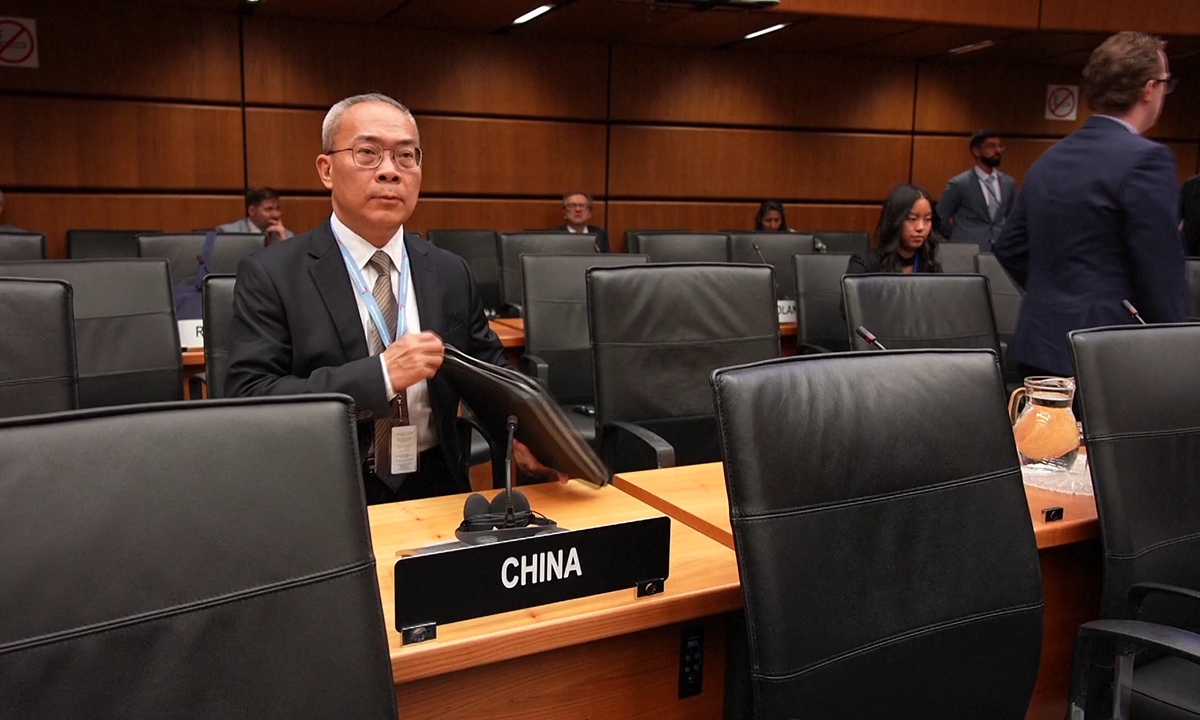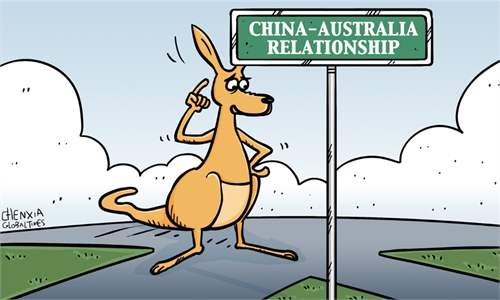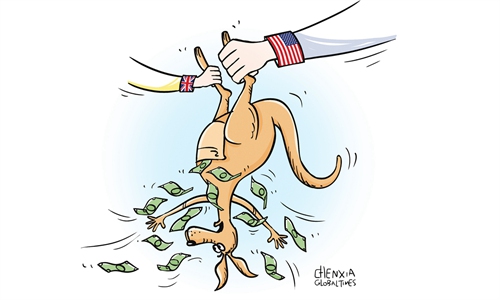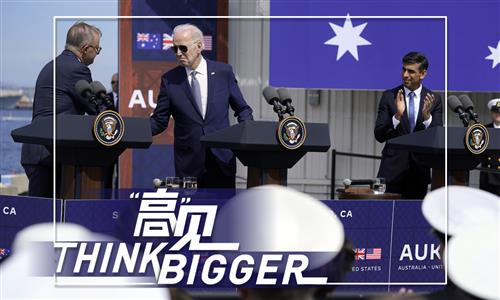Chinese envoy calls for intergovernmental discussions to address AUKUS risks at IAEA meeting

File photo: CFP
Intergovernmental discussions at the International Atomic Energy Agency (IAEA) should be conducted to address proliferation risks posed by the AUKUS nuclear submarine deal, China's permanent representative to the IAEA said on Friday.
Li Song told a meeting of the IAEA board of governors that the AUKUS collaboration has a serious impact on the security of the world and the Asia-Pacific region, and poses grave challenges to the international non-proliferation regime and the IAEA safeguards system.
"Such cooperation runs counter to the purpose and objectives of the Treaty on the Non-Proliferation of Nuclear Weapons and is a typical example of double standards," Li said.
Under the trilateral AUKUS alliance, which was announced in September 2021, Australia will be able to build nuclear-powered submarines with related technology provided by the US and the UK.
The AUKUS deal, which involves political, security, legal and technical issues, will create an important precedent and have a significant impact on the improvement and development of the IAEA safeguards system and relevant safeguards practices, he noted.
"All these are major issues that must be taken seriously, considered deeply, and handled properly by (IAEA) member states," Li said.
He also stressed that before the IAEA member states reach a consensus on the AUKUS issue, relevant safeguards arrangements should not be interpreted and decided only by the AUKUS countries and the IAEA Secretariat.
"We believe that member states have enough wisdom, patience and determination to properly respond to the AUKUS-related proliferation risks through intergovernmental discussions," Li said.
The IAEA board meeting on Friday marked the 11th time that the AUKUS issue was on the formal agenda of the quarterly meeting at China's proposal.
Representatives from Russia, Egypt, Algeria, Pakistan, Iran and Cuba also voiced support for the proposal of further intergovernmental discussions over the AUKUS issue at the IAEA board meetings and general conferences.
China will continue to push forward the intergovernmental discussion processes responsibly and uphold the authority and efficacy of the international non-proliferation regime and the IAEA safeguards system, Li said.
At Friday's meeting, Li also voiced China's firm opposition to Japan's discharge of nuclear-contaminated wastewater from the crippled Fukushima Daiichi Nuclear Power Plant into the ocean, urging Japan to fully comply with strict international supervision.
"Ignoring the doubts of the international community and the strong opposition from relevant countries, Japan has obstinately launched and continuously pushed forward the Fukushima wastewater discharge plan," he said.
He pointed out that the Fukushima wastewater discharge is an unprecedented artificial release of contaminated water from nuclear accidents into the ocean, and there are a lot of uncertainties about the cumulative effect caused by the release of large quantities of radionuclides into the sea.
"China always firmly advocates for, and actively promotes the strengthening of international supervision over Japan's wastewater discharge plan to continually improve the long-term international supervision arrangements for the plan," Li said.
He urged the IAEA Secretariat to uphold an objective, impartial and scientific attitude, boost communication with member states and continually strengthen the international monitoring arrangements for Japan's discharge plan.
China urges Japan to continue its discussions with the IAEA Secretariat and member states in a responsible and constructive manner and fully comply with strict international supervision, Li said.
To prevent Japan's wastewater discharge from causing long-term harm to the marine environment and public health, he said that China is willing to work with all relevant parties to support the IAEA playing a leading role over the Fukushima issue and actively join in efforts to strengthen independent, long-term and effective international supervision arrangements.
Global Times



